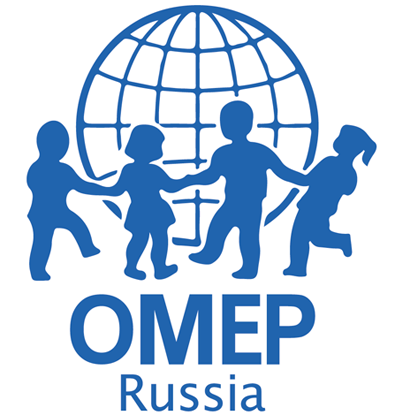Russian bilingual children, vocabulary reachnes in l1 and l2 and theory of mind
Book of Abstracts
The present study has the aim to show what the connection between the vocabulary richness of Russian bilingual children in their mother tongue and in their second language is and their Theory of mind development. For the purpose of the study 80 children were tested between the age of 4-6 years old - 40 from Tatarstan and 40 from Bashkortostan - 20 children between 4-5 years old and 20 children between 5-6 years old. In both countries the children live in big cities and attend kindergartens.
The children were tested for a vocabulary richness with a specially designed test in which half of the vocabulary is the mother tongue and half of it in Russian as their second language. Together with that the children had a language test – wh- complements task. The children were tested also for Theory of Mind with the classical False believe Test: Unexpected content and Mis displacement of an object.
The results show that the Bashkir children are performing better all the tests and the paper discusses the reason and the factors influencing such results.

Russian Psychological Society
e-mail: ruspsysoc@gmail.com

Federal Scientific Center for Psychological and Interdisciplinary Research,
Moscow, Russia
e-mail: forumdigitalchildhood@gmail.com

Psychology Department of the Lomonosov Moscow State University,
Moscow, Russia
e-mail: psy@psy.msu.ru



 2021
2021  2022
2022  2023
2023 2024
2024




